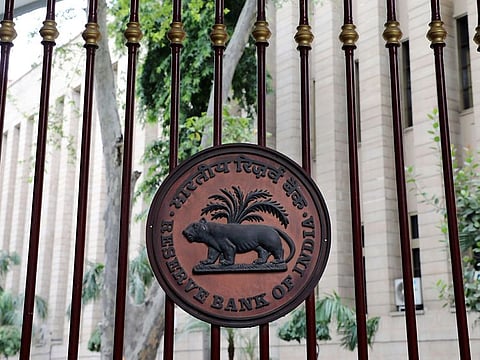Doubts raised over Indian central bank's COVID-19-related relief measures
Government borrowing costs did not drop by all that much, says new report

Mumbai: The Indian central bank's conventional as well as unconventional policy responses to support the economy through the pandemic failed to reduce the government's borrowing costs by a lot.
Policy actions by Reserve Bank of India have had only a modest impact on the 'term premium' - an indicator of the market's expectations of future interest rates, according to the research authored by Rajeswari Sengupta of RBI-funded Indira Gandhi Institute of Development Research in Mumbai, and Harsh Vardhan of the SP Jain Institute of Management and Research.
There were limits to which monetary policy alone could provide an economic stimulus during a crisis, they wrote in the 'Ideas for India' portal.
Took the lead
The RBI was at the forefront of providing stimulus to the economy last year, while the Narendra Modi-led government followed with modest fiscal steps. The central bank cut interest rates by 115 basis points and injected billions of dollars through unconventional monetary policy to lower borrowing costs.
Those actions by the RBI did not have any discernible impact on the behavior of the term premium - the compensation investors demand for holding longer-term debt - especially during the pandemic period, wrote the authors who used inter-bank call rates as well as one-year T-bills yield to measure the premium. At best, the RBI stopped a sharp spike such as the one witnessed after the global financial crisis.
"This implies that concerns of large fiscal deficits, high inflationary expectations, and the resulting likelihood of high future interest rates could possibly have been the more important drivers of term premium," Sengupta and Vardhan wrote.
Their view chimes with that of Jayanth R Varma, a member of the RBI's Monetary Policy Committee, who said higher term premiums revealed a lack of market confidence in the central bank's inflation estimates.
Sign up for the Daily Briefing
Get the latest news and updates straight to your inbox







